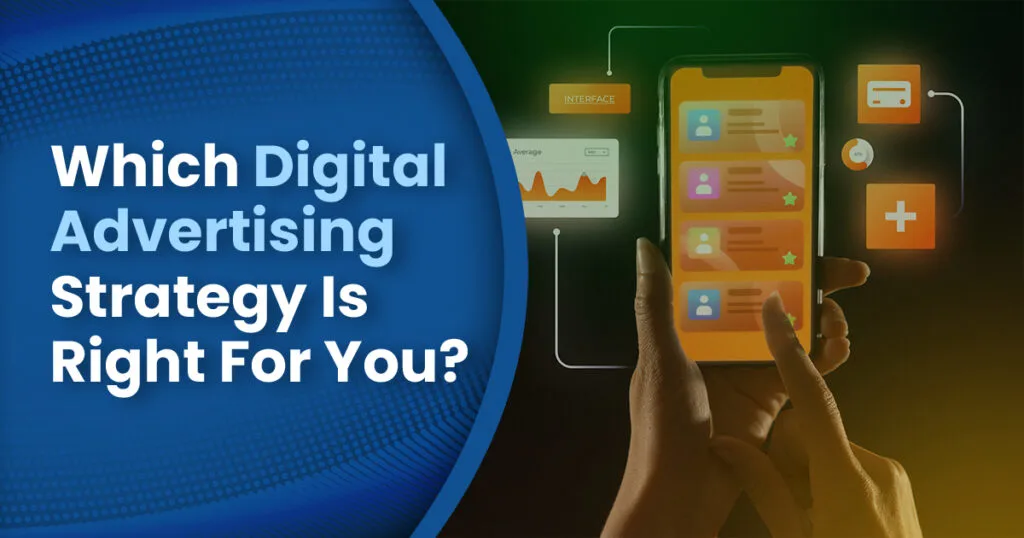The Rise of Zero-Click Searches: How to Keep Your Business Visible on Google
Google is constantly evolving, and so is the way users…

In the fast-paced world of digital marketing, choosing the right digital advertising strategy is pivotal for businesses aiming to maximise their online visibility and drive conversions. Search Engine Optimization (SEO) plays a central role in this decision-making process. In this comprehensive guide, we will explore various digital advertising strategies and help you determine which one aligns best with your business goals and objectives.
Choosing the right digital advertising strategy involves a careful consideration of your business objectives, target audience, and available resources. Often, a combination of strategies works best to create a comprehensive and effective digital marketing plan. Whether you prioritise organic growth through SEO or opt for the immediacy of PPC, understanding your unique needs will guide you toward the strategy that aligns best with your business goals.
Google is constantly evolving, and so is the way users…
In today’s digital landscape, choosing the right platform for your…
In today’s digital age, consumers expect more than just a…